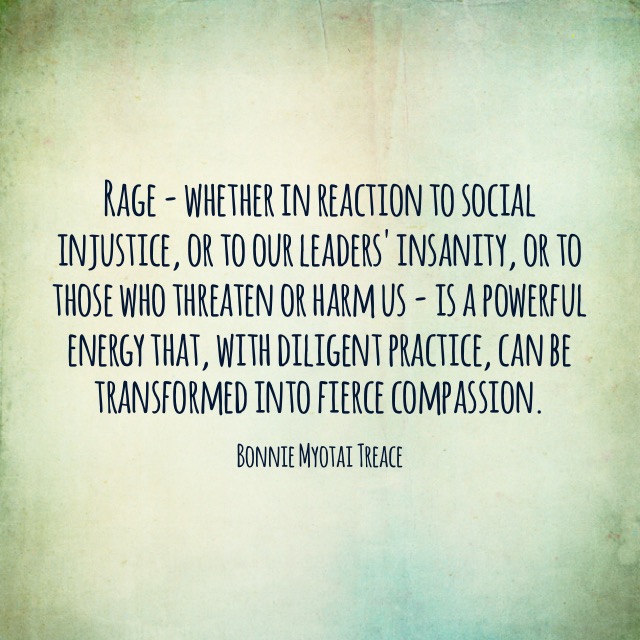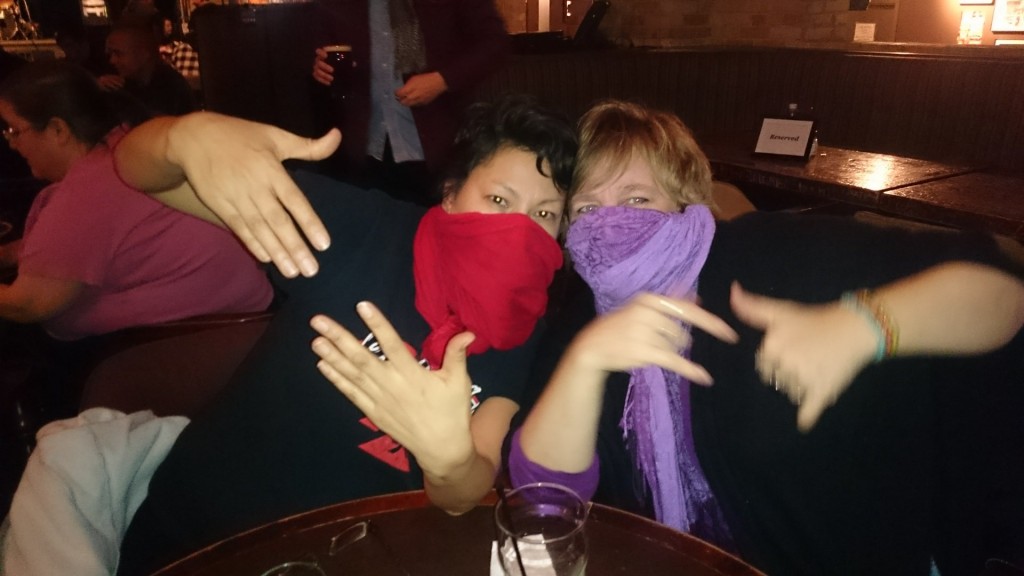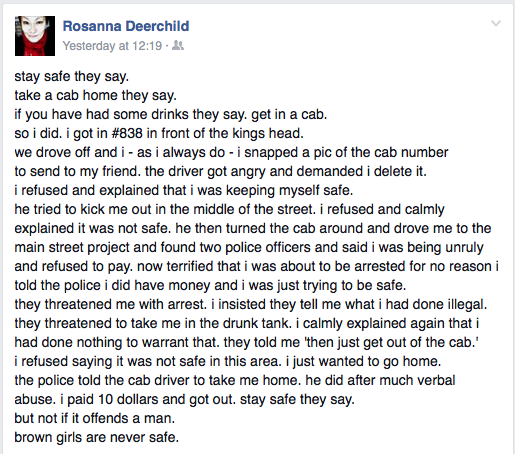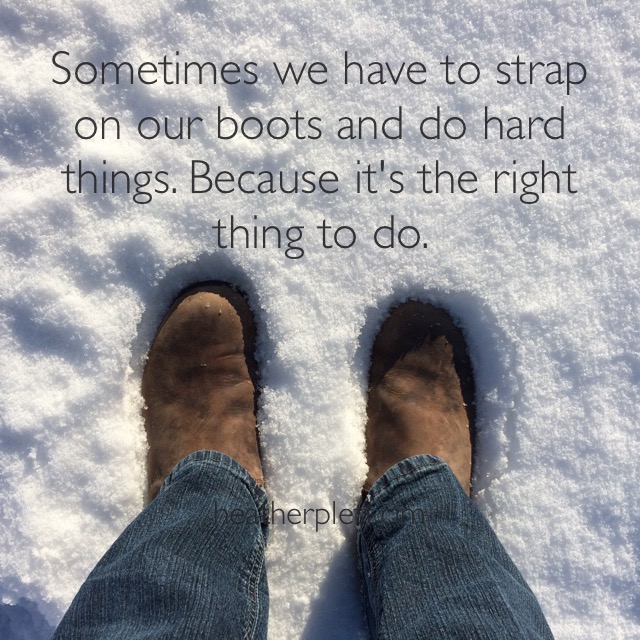Only take responsibility for your own baggage
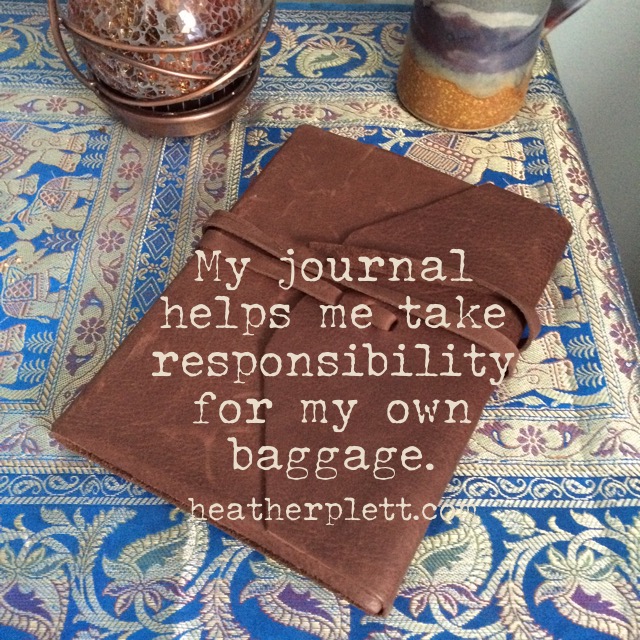
Last week, I bought a new journal. I am mostly a rush-in-buy-rush-out kind of shopper, but with journals it’s different. I take journal shopping very seriously, because a journal isn’t just a blank book – it’s an intimate partner that will see me through a lot of joy and sorrow, pain and pleasure. I need to like how it feels in my hands, like the texture of the paper, and like how it lies open in front of me. And I prefer a little variety – I never buy the same journal twice. This time I went with soft vintage leather that wraps around and keeps its contents cozy.
The first thing I entrusted my new journal with is this:
Today I resolve that I will only take responsibility for the baggage that belongs to me. I will work on whatever is mine to work on. I will not take responsibility for anyone else’s anger, fear, grief, joy, success, etc.
I wrote that because by the end of my last journal, it had become more and more clear to me that I needed to address my pattern of taking on what is not mine to take on.
Even though I’ve learned so much about what it means to hold space for people, and I spend quite a bit of time talking about listening without judging, walking alongside without trying to fix, empowering without trying to control, and guiding without inserting our own egos, I still get stuck in a decades-old pattern of taking responsibility for baggage that is not my own.
Not sure what I’m talking about? Consider the following scenarios and ask yourself whether any of these reflect your own patterns:
- Your teenage daughter doesn’t hand in an assignment and instead of recognizing that she is old enough to take responsibility for her own mistakes, you fret about how you have failed to teach her good organization skills. Or maybe you defend her to the teacher, giving an excuse for why it couldn’t be finished in time.
- You apologized for forgetting to pick up something for your partner, but he/she won’t let go of the anger, so you apologize several times, rush out to pick it up (even though it’s late and you’re tired), or over-compensate by making his/her favourite meal for dinner – anything to try to fix the anger.
- Your friend is passive aggressive and unhappy and she always makes you feel guilty for not having enough time for her, so you regularly give up your rare free time to go for coffee with her and listen to her long list of complaints.
- You’ve written something online that somebody responds to negatively and even though you really believe it to be true, you delete it because you don’t want to offend anyone.
- An impatient driver keeps honking at you, and even though there’s a lot of traffic and you don’t feel safe, you rush to make the turn to avoid annoying the other driver.
These are just a few examples of the many ways that we take on other people’s baggage. We often do it at the risk of our own safety, our own happiness, and our own health. Instead of letting them carry what is theirs, we take responsibility for fixing their anger, making sure they’re happy, and avoiding offending them.
Most of us have such ingrained patterns that we don’t know why we do it or where it came from – we barely even know we do it until our growing self-awareness makes us see it. Perhaps we picked it up from our parents’ patterns, perhaps we’ve always just assumed that that was the role of a person of our gender, or perhaps we’ve been lead to believe that that’s the only way we have value in the world.
At the heart of it is always our own discomfort, fear, and lack of self-worth. We are afraid that if we don’t fix someone’s anger, then they will reject us. Or we’re afraid that if we offend someone or say no to them, it will mean they won’t like us anymore. Or we’re sure that if we don’t help other people succeed then it will make us look bad.
When we take responsibility for other people’s baggage, we make it about us rather than about them. It’s now about OUR discomfort, OUR fear, and OUR lack of self-worth. In a strangely paradoxical way, it’s a self-centred act, even though it usually appears to be a self-sacrificial act.
We try to fix other people because we want our own lives to be easy and free of fear.
But we’re not doing anybody any favours when we do this. We’re not doing them any favours because we’re denying them the opportunity to take responsibility for their own issues. We’re taking their power away by taking their responsibility away. And we’re not doing ourselves any favours because the stress of trying to control the way the world around us functions will kill us.
What can we do about it? We can choose to detach. We can choose to return the responsibility for the baggage to the person who owns it.
That doesn’t mean that we are no longer compassionate or supportive of other people. We can support without taking on the burden. We can hold space for people. We can hold them accountable for their own choices and their own emotional growth.
And in doing so, we take back the responsibility for our own fear, discomfort and lack of self-worth that got us into trouble in the first place. Because just like it’s not our job to fix them, it’s not their job to resolve whatever’s going on for us.
I’m working on that in my own life by writing about it in my journal, talking to people who get it, and practicing it daily with baby steps. If you need help processing your own intentions to take responsibility for your own baggage and nobody else’s, perhaps you need a new journal too. Or maybe you need a coach who understands because she’s on that journey too.
I encourage you to consider how you need to let go of other people’s baggage, because the more we learn to do it, the more freedom we have and the more freedom we give them.
Note: If journal-writing is of interest to you, you might find some support for it in the upcoming Openhearted Writing Circles.

